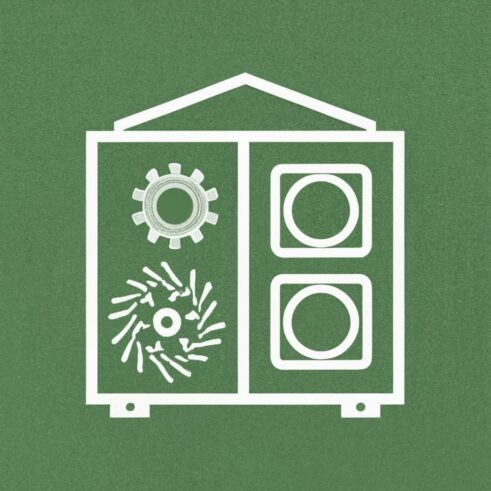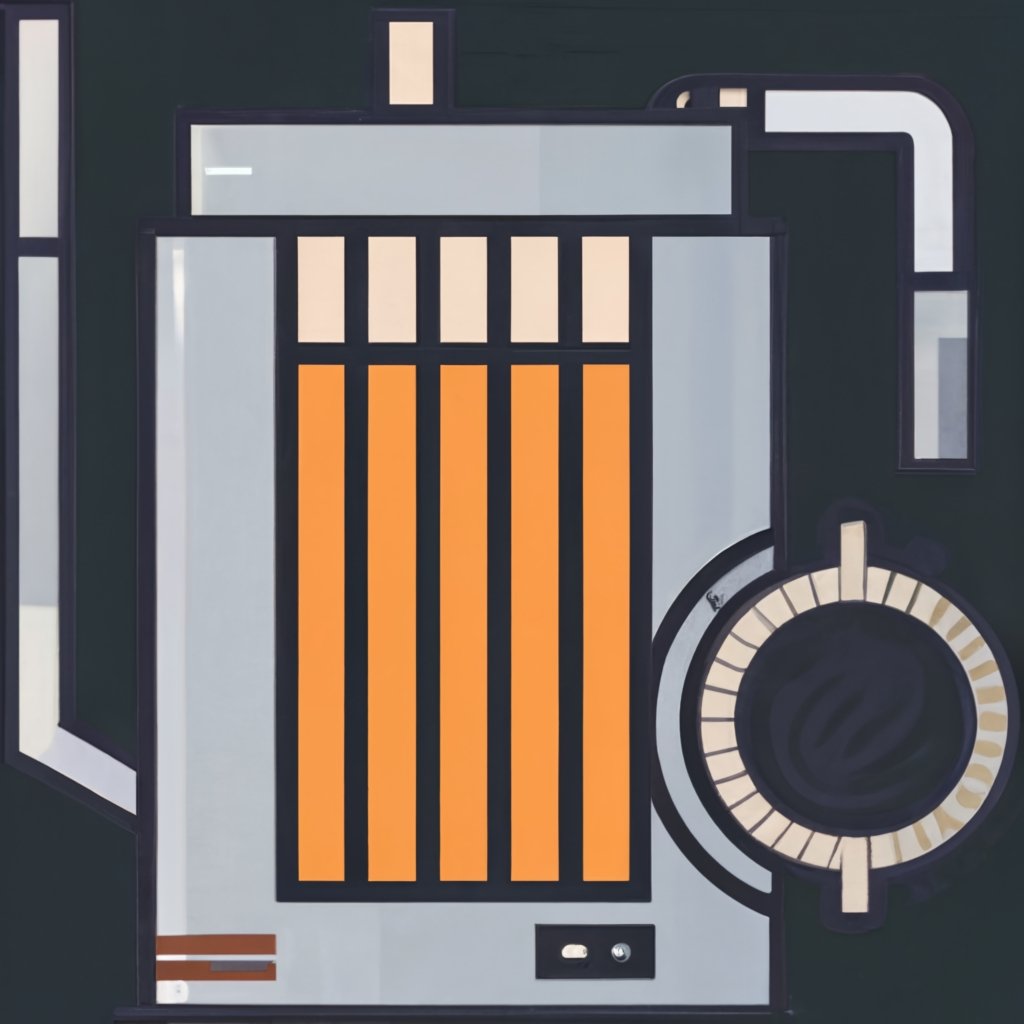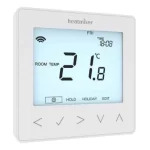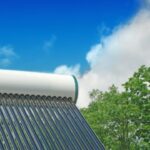
Heat Pumps Vs Furnaces – Complete Guide
As the seasons change and the temperature drops, homeowners across the world face a critical decision: how to keep their homes warm and comfortable during the chilly months ahead. The choice between heat pumps and furnaces is at the forefront of this decision-making process and should not be taken lightly. In this comprehensive guide, we delve into the world of home heating to help you understand the critical differences between these two efficient heating systems, enabling you to make an informed choice that suits both your comfort and your budget. Whether you’re building a new home, upgrading your current system, or simply curious about the technology that keeps you warm, join us on a journey to explore the pros, cons, and intricacies of heat pumps and furnaces. By the end of this article, you’ll be equipped with the knowledge needed to make the right heating choice for your unique needs and circumstances.
Heat Pumps: Efficient and Versatile Heating Solutions

When it comes to energy-efficient HVAC systems, heat pumps stand out as a popular choice among homeowners. Unlike traditional furnaces, which generate heat by burning fuel, heat pumps work by transferring heat from one place to another, making them incredibly efficient and environmentally friendly. Let’s delve into the pros and cons, costs, installation, maintenance, and energy efficiency of heat pumps to help you understand why they might be the ideal heating solution for your home.
Pros of heat pumps:
1. Energy Efficiency: One of the advantages of heat pumps is their exceptional energy efficiency. They generally produce up to three times more energy than they consume, making them an eco-friendly choice and potentially saving you significant money on your energy bills in the long run.
2. Versatility: Heat pumps offer both heating and cooling functions, serving as a two-in-one solution for your home’s comfort needs. During the warmer months, they can reverse their operation to cool your home, providing year-round climate control.
3. Environmentally Friendly: Heat pumps produce fewer greenhouse gas emissions compared to furnaces, making them a greener choice for environmentally conscious homeowners.
Cons of heat pumps:
1. Effectiveness in Extreme Cold: Traditional air-source heat pumps may struggle to efficiently heat homes in extremely cold climates. However, advancements like geothermal heat pumps have mitigated this issue to a certain extent.
2. Upfront Cost: The initial investment for a heat pump system, especially a geothermal one, can be higher than that of a furnace. However, the long-term energy savings often outweigh the initial expense.
Heat Pumps Cost:
The cost of a heat pump system varies depending on the type and size of the unit, the brand, and installation process. Air-source heat pumps are generally more affordable upfront, while geothermal heat pumps, although pricier initially, offer significant energy savings in the long term.
Heat Pumps Installation:
Heat pump installations require careful planning and professional expertise. Air-source heat pumps are typically more accessible and less expensive to install, especially if your home already has a compatible duct system. On the other hand, geothermal heat pumps require underground installation involving drilling and ground loop system setup. A qualified HVAC technician can assess your home’s requirements and recommend the most suitable type of heat pump for your needs.
Heat Pumps Maintenance:
Regular maintenance of a heat pump system is essential to guarantee its optimal performance and long-lasting functionality.
This involves cleaning or replacing filters, examining the refrigerant levels, and looking for any indications of wear or damage.
It’s advisable to schedule annual maintenance with a professional HVAC maintenance technician to keep your heat pump in top condition.
Heat Pump’s Energy Efficiency:
Heat pumps do not generate heat. They move it from one place to another, making them incredibly energy-efficient, especially in moderate climates. They can provide both heating and cooling and eliminate the need for separate systems, which further contributes to energy savings.
Furnaces: Reliable and Powerful Heating Solutions

Furnaces have long been the go-to choice for home heating, offering reliable warmth and comfort, especially in colder climates. Unlike heat pumps, furnaces generate heat by burning fuel, natural gas, oil, or propane. Let’s explore the pros and cons, costs, installation, maintenance, and energy efficiency of furnaces to help you understand why they continue to be a popular heating solution for many households.
Pros of Furnaces:
1. Efficiency in Cold Climates: Furnaces excel in providing consistent and powerful heat, making them highly effective, even in extreme cold weather conditions. They can quickly raise the indoor temperature to your desired level, ensuring your home stays warm and comfortable.
2. Affordability: Furnaces are often more affordable upfront compared to certain types of heat pumps, making them a budget-friendly option for homeowners looking for a reliable heating solution without a substantial initial investment.
Cons of Furnaces:
1. Energy Efficiency: Furnaces are generally less energy-efficient than heat pumps since they burn fuel to generate heat. However, modern high-efficiency furnaces have significantly improved in this aspect, providing better energy savings than older models.
2. Environmental Impact: Burning fossil fuels contributes to air pollution and greenhouse gas emissions. While newer furnaces are designed to be more eco-friendly and produce fewer emissions, they still have an environmental impact.
Furnaces Cost:
The cost of a furnace depends on several factors, including the type of fuel it uses, its efficiency rating, and the size of your home. Natural gas furnaces are a common choice due to their affordability and widespread availability. High-efficiency models might have a higher upfront cost but can result in significant long-term energy savings.
Furnaces Installation:
Furnace installations require careful consideration of ventilation, ductwork, and safety protocols. A professional HVAC technician will assess your home’s layout and heating needs to recommend the appropriate furnace size and type.
Furnaces Maintenance:
Regular maintenance for your furnace is essential to maintain its smooth and efficient operation. This involves tasks such as cleaning or replacing air filters, inspecting and cleaning the blower and motor, checking for gas leaks, and ensuring adequate ventilation. Having a certified technician perform annual maintenance can extend your furnace’s lifespan and prevent expensive repairs.
Furnaces Energy Efficiency:
While furnaces are not as energy-efficient as heat pumps, modern high-efficiency furnaces have made significant strides in improving their energy performance. They utilize advanced technology to extract more heat from the combustion process, minimizing waste and maximizing energy efficiency. Choosing a furnace with a high Annual Fuel Utilization





